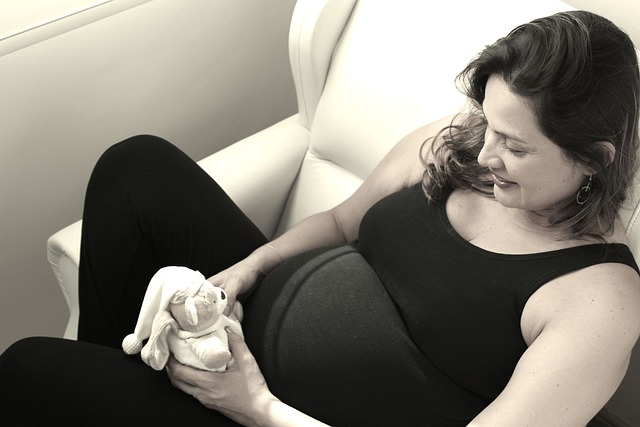Weight is a topic that can often feel delicate, but it’s crucial to discuss because it plays a significant role in your overall health and fertility. Your body mass index (BMI) is a useful measure that helps healthcare providers assess whether you’re underweight, overweight, or in a healthy range. Both ends of the spectrum—being either underweight or overweight—can lead to various health issues. Excess weight can raise your risk for diabetes, heart disease, and high blood pressure, while being underweight can lead to nutritional deficiencies, fatigue, and even conditions like anemia and osteoporosis.
Understanding Your BMI
Women’s Fertility and Weight
When it comes to fertility, maintaining a healthy BMI is vital. A woman’s monthly chance of conceiving is around 15 percent, but this requires regular ovulation—where an egg is produced and released. Unfortunately, women who are underweight might struggle with this process, sometimes due to insufficient nutrition or conditions like hypothalamic amenorrhea that disrupt ovulation. Research indicates that for women facing infertility linked to weight issues, addressing these weight-related problems can result in pregnancy for up to 70 percent of them. Ideally, women trying to conceive should aim for a BMI between 19 and 24.
Ovulation Issues: A Common Factor in Female Infertility
Maintaining a balanced weight is essential not only when trying to conceive but also during pregnancy. Being under or overweight can lead to complications, but staying within a healthy weight range can reduce risks such as miscarriage or gestational diabetes.
Men’s Fertility and Weight
Just as women can face fertility challenges related to weight, men do too. Excess weight can negatively impact sperm count and its motility. An increase in body weight can disrupt the balance of male hormones, affecting sperm production. Additionally, being obese may elevate the scrotal temperature, which can harm sperm viability. However, men can see improvements in sperm quality by achieving a healthier BMI. Since sperm takes about 74 days to mature, making lifestyle changes can yield positive results within a few months.
Enhancing Sperm Quality: Simple Lifestyle Adjustments
Weight and Fertility Treatments
For women undergoing fertility treatments, BMI can significantly influence success rates. Overweight women might experience less effective responses to fertility medications, difficulties in monitoring ovarian response, and increased risks during procedures like IVF.
Tips for Achieving a Healthy Weight to Boost Fertility
I encourage my patients to focus on a nutritious diet and regular physical activity to help manage their weight. Even modest weight loss of 5 to 10 percent can help restore regular ovulation for women whose infertility is tied to weight. For those who are underweight, reaching a healthier weight can also aid in resuming ovulation. Finding enjoyable exercise routines—like running or participating in sports with friends—can make it easier to stick to your goals.
Additionally, I suggest cutting back on processed foods, sugary drinks, and dining out frequently. Make manageable lifestyle changes and prioritize a balanced diet; avoiding extreme dieting is key, as it can put unnecessary stress on your body and hinder your chances of conception and a healthy pregnancy. For further support, consider seeking out local nutritionists and wellness specialists to help you reach a healthy BMI.
For even more insights, check out our post on blastocyst culture and transfer.
Summary
In summary, maintaining a healthy weight is essential for both men and women hoping to conceive. A balanced BMI plays a critical role in ovulation for women and sperm production for men. Making small, sustainable lifestyle changes can significantly enhance fertility and overall health, increasing your chances of a successful pregnancy. For more information on family-building options, visit this excellent resource. If you’re interested in at-home insemination, check out this artificial insemination kit to explore your options.

